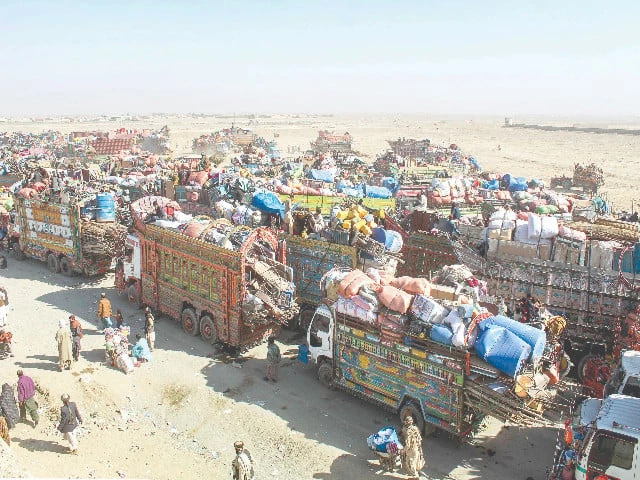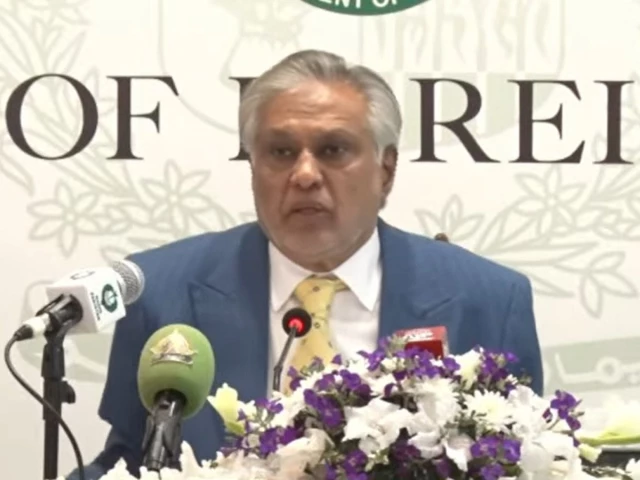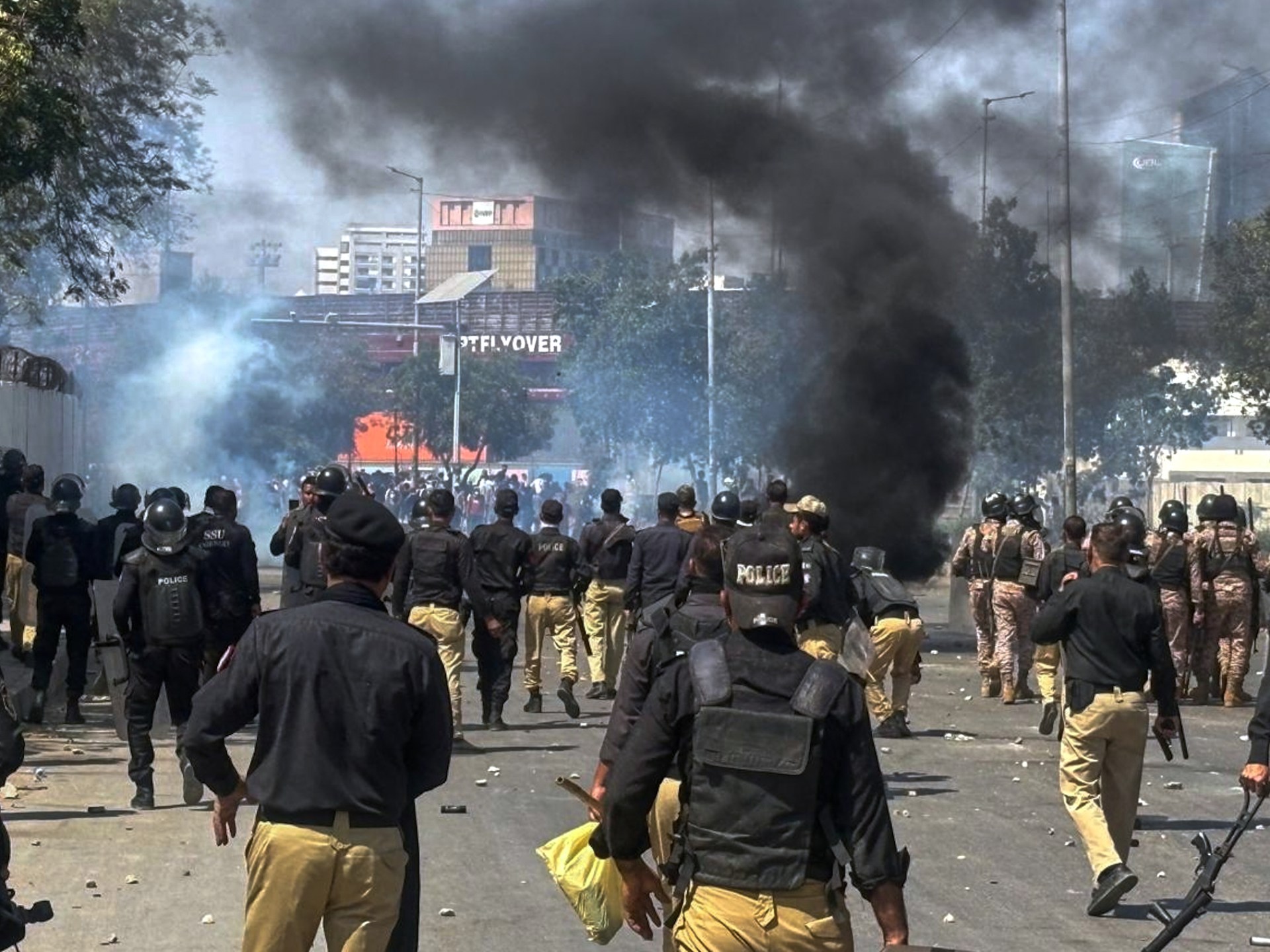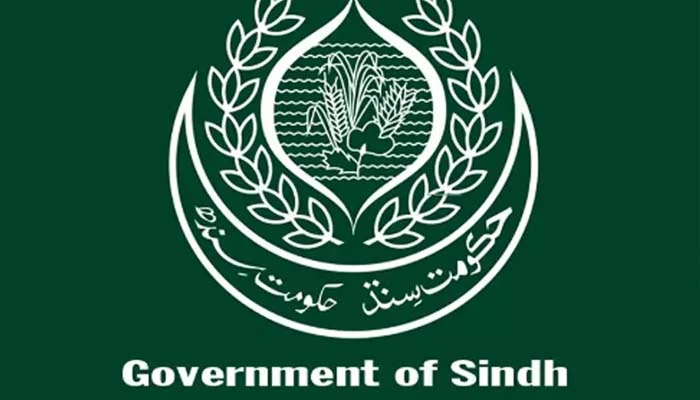KARACHI, Mar 02 (APP): Sindh Government Spokesperson Sukhdev Hemnani has extended heartfelt greetings to the Hindu community of Sindh on the auspicious occasion of Holi, describing the festival as a celebration of harmony and Sindh’s shared…
Category: 1. Pakistan
-
‘Operation Ghazab Lil-Haq will continue until Taliban stop supporting terrorists’ – RADIO PAKISTAN
- ‘Operation Ghazab Lil-Haq will continue until Taliban stop supporting terrorists’ RADIO PAKISTAN
- Op Ghazab Lil Haq to continue until Taliban halt support for terrorists: state media The Express Tribune
- Pakistan Intensifies Anti-Terror…
Continue Reading
-
Analyst hails govt’s diplomacy on ME conflict – RADIO PAKISTAN
- Analyst hails govt’s diplomacy on ME conflict RADIO PAKISTAN
- Pakistan Calls for De-escalation in Middle East: Dar Pakistan Today
- Pakistan making full diplomatic efforts to reduce tensions in Middle East: FM Dar The Express Tribune
- Ishaq Dar…
Continue Reading
-
Pakistan’s president defends ongoing strikes in Afghanistan, urges Kabul to dismantle militants – Arab News
- Pakistan’s president defends ongoing strikes in Afghanistan, urges Kabul to dismantle militants Arab News
- Why are Afghanistan and Pakistan fighting? BBC
- The Afghan gauntlet Dawn
- Afghanistan’s Taliban says open to talks after Pakistan bombs…
Continue Reading
-

K-P halts crackdown on illegal Afghan migrants residing in province
Police clarifies that the move is temporary administrative measure, not permanent policy shift
Afghan refugees along with their belongings on trucks await deportation to Afghanistan near the Chaman border crossing. Photo: AFP
…Continue Reading
-

Sindh Announces Two-Day Holi Holiday for Hindu Community – Pakistan Today
The Sindh government has announced March 3 and 4 as official holidays for the Hindu community to celebrate Holi. The decision, confirmed by a provincial spokesperson, aims to facilitate traditional festivities across the province.
KARACHI: The…
Continue Reading
-
Pakistan remains strong proponent of regional peace: DPM – RADIO PAKISTAN
- Pakistan remains strong proponent of regional peace: DPM RADIO PAKISTAN
- Ishaq Dar urges diplomacy as Middle East tensions escalate The Nation (Pakistan )
- Pakistan making full diplomatic efforts to reduce tensions in Middle East: FM Dar The…
Continue Reading
-

Pakistan making full diplomatic efforts to reduce tensions in Middle East, says Dar
Says negotiations, diplomacy the only way forward, and that Pakistan wants all parties to prioritise talks
Foreign Minister Ishaq Dar. Photo: Screengrab
…Continue Reading
-

Pakistan calls troops, orders 3-day curfew as 24 killed in pro-Iran rallies | Israel-Iran conflict News
Army deployed and some areas in northern Gilgit-Baltistan region put under curfew after deadly violence over Khamenei’s killing.
Published On 2 Mar 2026
Continue Reading
-

Security Alert: U.S. Mission to Pakistan (March 2, 2026)
Security Alert: U.S. Mission to Pakistan (March 2, 2026) – U.S. Embassy & Consulates in Pakistan
Continue Reading
